40% of dog owners who don't pick up their poop—that's gross. And here's why:
Did you know that pet waste (namely dog's poop) in natural areas is detrimental to our environment?
There are an estimated 87 million dogs in Europe and 72 million in the United States. And with that many doggos, that’s a whole lot of poop.
I think we all know that leaving Fido’s ‘little parcels’ is poor practice, socially. But it’s also pretty bad for our natural environment and for our native wildlife.
So much so that in the early 90s, the EPA categorized dog’s poop as an environmental pollutant, placing it on the same level with pesticides.
Just one gram of dog’s poop can contain up to 23 million fecal bacteria!
Why is this a concern? Well, it is when you consider that around 40 MILLION tonnes of dog waste is left behind every year.
How does this happen? 40% of dog owners say that they don’t pick up their pet’s poop for a variety of reasons. The main being: They think it will eventually dissolve, decompose or otherwise go away!
Here are the top 6 reasons to stoop and scoop:
Wondering how often should you pick up dog poop in your yard?
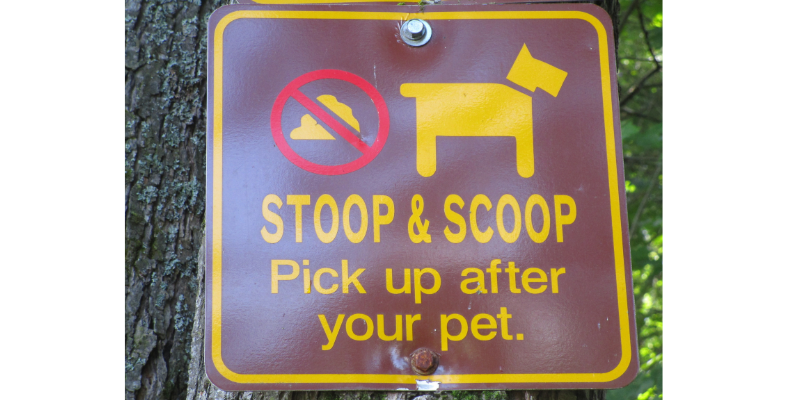
1.) Dog’s Poop Can Spread Parasites
Dog poop can spread parasites in many ways.
You’ve probably seen the flies that buzz around that steamy pile of doggie poop. Flies alone have 60 million pieces of bacteria on their feet, leading to the spread of bacteria.
In addition, here are other ways dog poop spreads parasites:
– Your pet’s paws: your pet’s paws can bring poop inside, which they’ll bring into your house … whether you know it or not
– Your lawnmower: the lawnmower blades in your yard could catch dog poop, leading to further spread of parasites .
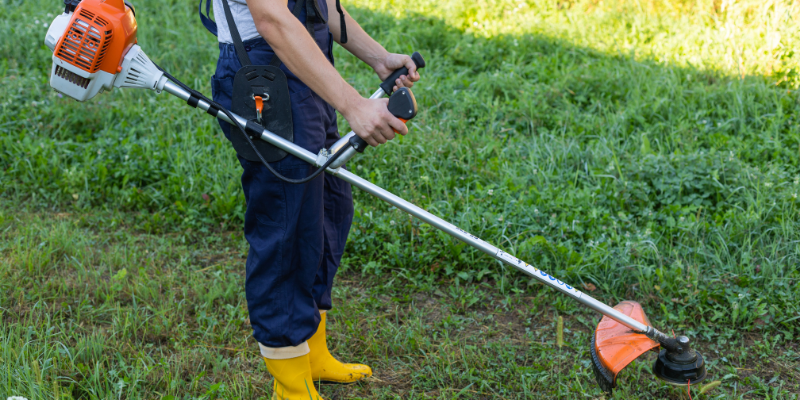
2.) It May Make You Sick
A single dog will produce more bacteria in one day than a person, a horse and a cow combined.
These parasites and bacteria found in dog’s poop can be transferred from your pet’s poop to your family:
– Giardia
– Worms (A recent Center for Disease Control and Prevention study found that 14% of Americans tested positive for roundworms!)
– Salmonella
– E-coli
– Parvovirus
It’s highly recommended to not stoop and scoop when you’re pregnant or nursing (get a friend to do it instead, or pick up a scooping tong).
If your pup *does* have worms, and you leave their poop in your yard, your dog could keep reinfecting itself, even after you have paid for pricey vet treatments.
These parasites can transfer to our native wildlife, who don’t have the luxury of seeing a veterinarian.
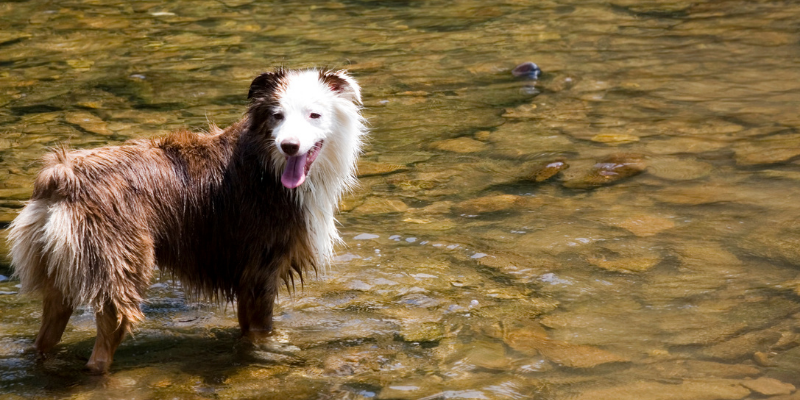
3.) Dog Poop Can Contaminate Waterways
It’s estimated that dog’s poop is the 3rd or 4th on the list of contributors to bacteria in contaminated water. This leads to poisoned plants and aquatic wildlife.
Pollutants originate from rain water runoff via sewer systems, and from dogs pooping near rivers, streams and on beaches.
This can trigger excessive weed and algae growth, which can choke out aquatic life and make the water unsuitable for human use.
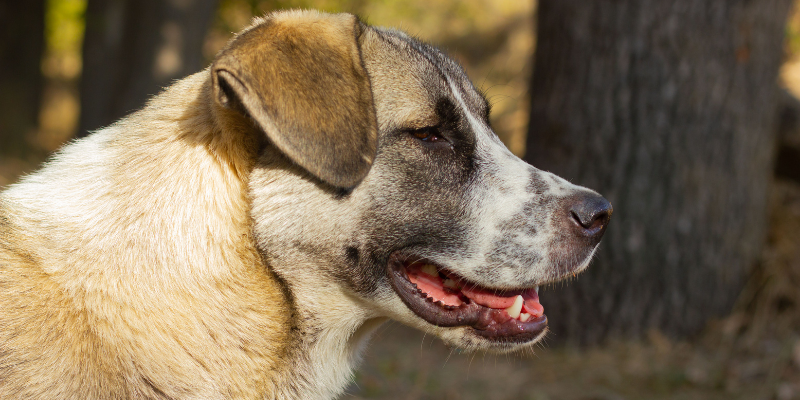
4.) How long does dog poop take to decompose?
Nutrient inputs from canine urine and feces can have important effects on soil nutrient concentrations, particularly in terms of the macronutrients nitrogen (N) and phosphorus (P).
In areas with a lot of dog walkers, and especially near walking paths, elevated soil P and N concentrations are found, and stable isotope analyses confirmed dogs as the source.
These patterns were still apparent even 3 years after an imposed dog ban.
Elevated N and P inputs have been shown to negatively impact biodiversity and ecosystem function. In plant communities, for instance, N addition decreases species richness in a wide range of ecosystems, whereas P fertilization eradicates the niche of many threatened species.
Dog poop in particular is bad for the environment due to its high meat content.
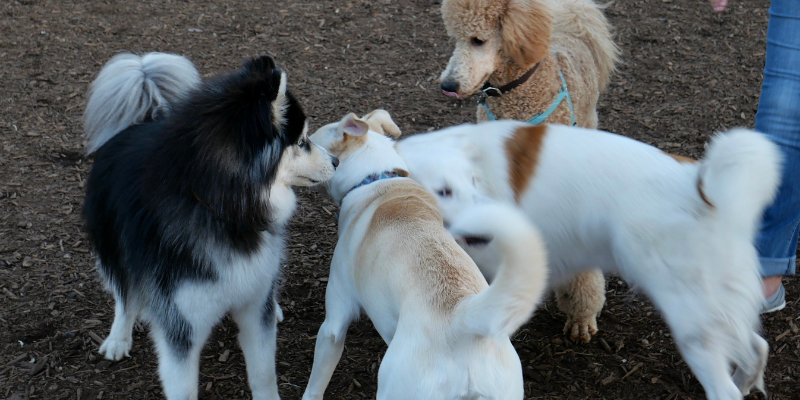
6.) Leaving Dog's Poop Might Attracts Rats
This one is a bit of a struggle to verify.
Many articles online cite dog poop in your yard as a magnet for rats, who view it as a food source.
I was unable to find a science-based, accurate article to support this. I thought I’d share as food for thought, however!
7.) Lastly, It Can Harm Wildlife
Parasites can transfer to our native wildlife, like squirrels and birds.
Parasites can also become airborne. A recent study of air samples in Cleveland, Ohio, and Detroit, Mich., found that 10 to 50 percent of the bacteria came from dog poop! This means it can fly to different areas, harming local species in various regions.
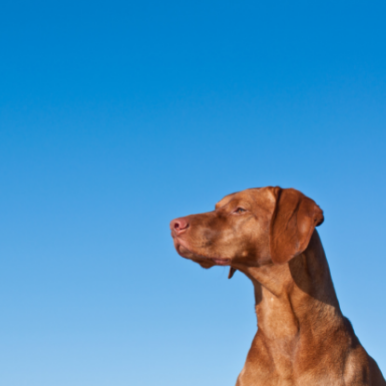
Best way to store dog poop:
- Stoop and scoop. (Visit our friends at The Original Poop Bags for Biobased and compostable options!).
- Wash your hands after scooping.
- Scoop in good time.
- Dispose of bags properly.
fine for not picking up dog poop

fine for not picking up dog poop
Share this article in your spheres of influence to let others know why you’re Stooping and Scooping and why they should too!
Are you interested in more pet-themed content?
Check out our blog post:
The Best Limited Ingredient Dog Food That’s Healthy For Your Pet And The Planet! Featuring HOPE Pet Food.
It’s no secret that one of the largest carbon emitters is meat production.
The shocking reality is that 14 million Canadian pets now consume a whopping 25% of the meat being produced!
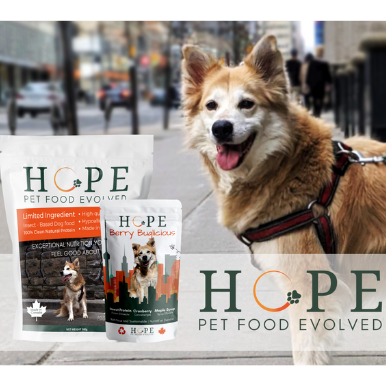
dog owners who don't pick up poop
should you pick up dog poop in your yard
Join Our Email Community
Gain exclusive access to green trends, tips, and tricks when you sign up for our free newsletter. Enter your email to join our community of changemakers!
More Blog Posts:

Sustainable LGBTQ Owned Brands and Organizations To Support For Pride Month (and beyond!)
Sustainable LGBTQ owned Businesses to support! Learn about the connection between this community & their inclusion in the environmental movement.
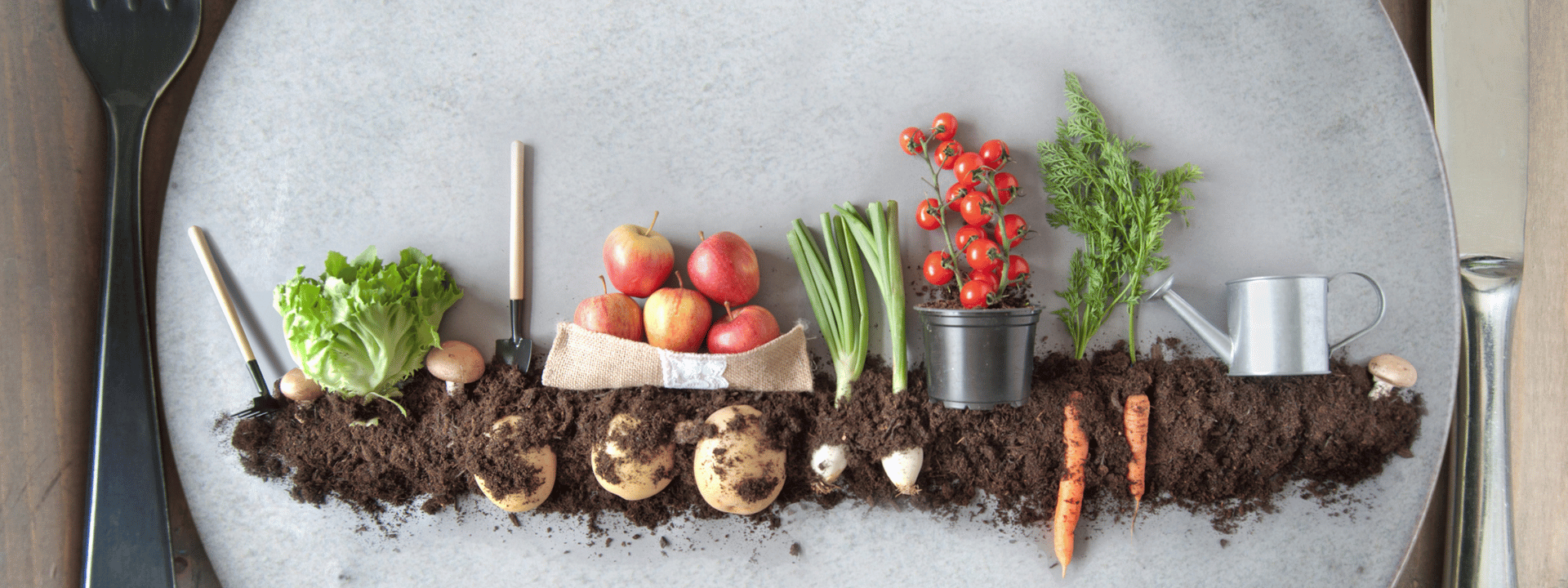
The Guide to Veganuary!
Whether you are going full vegan or starting to eat less meat, our guide to veganuary will help you go plant-based in 2023.




